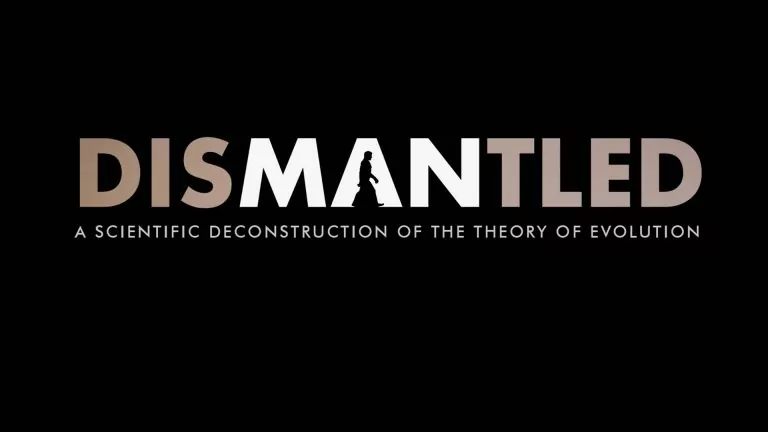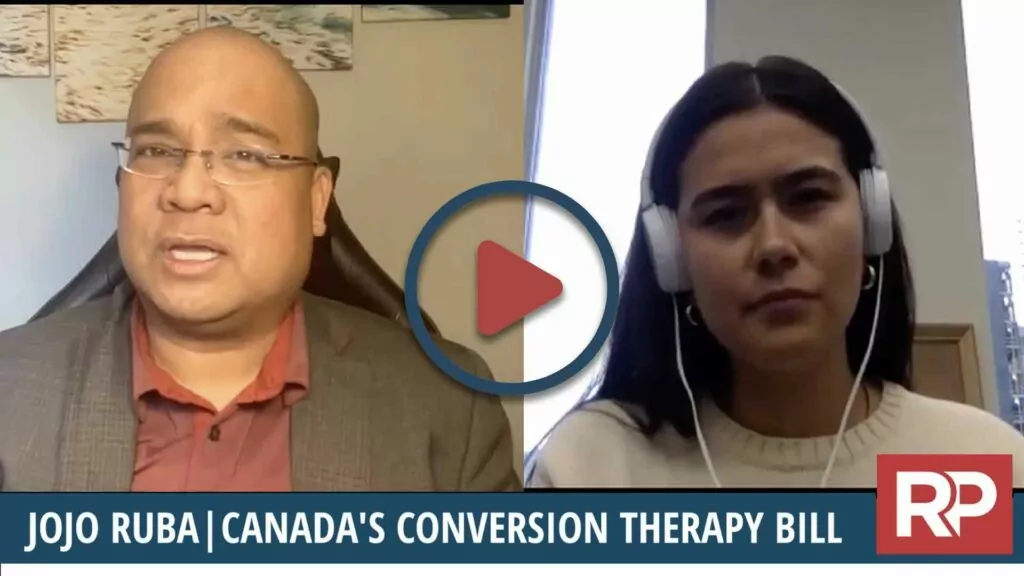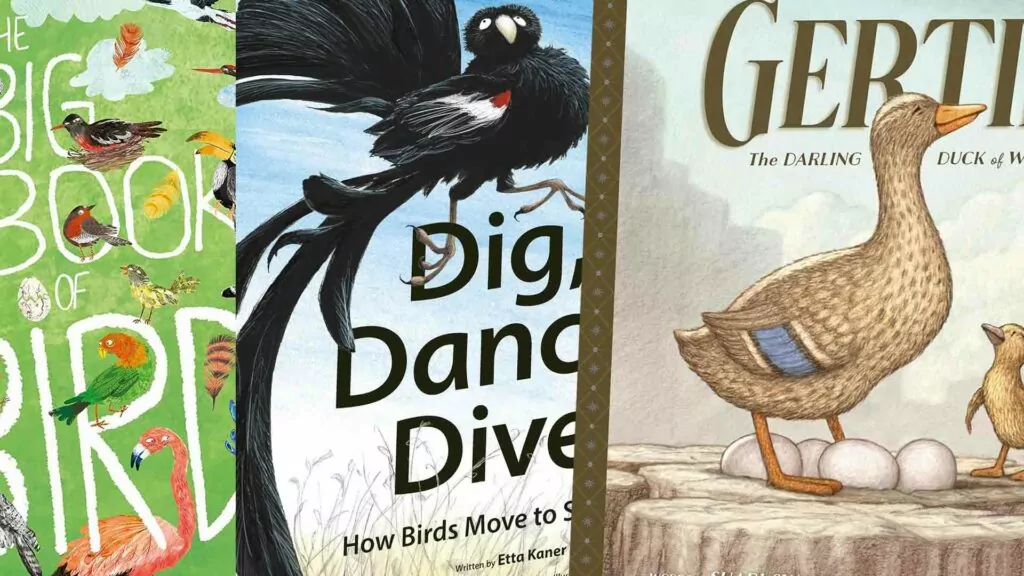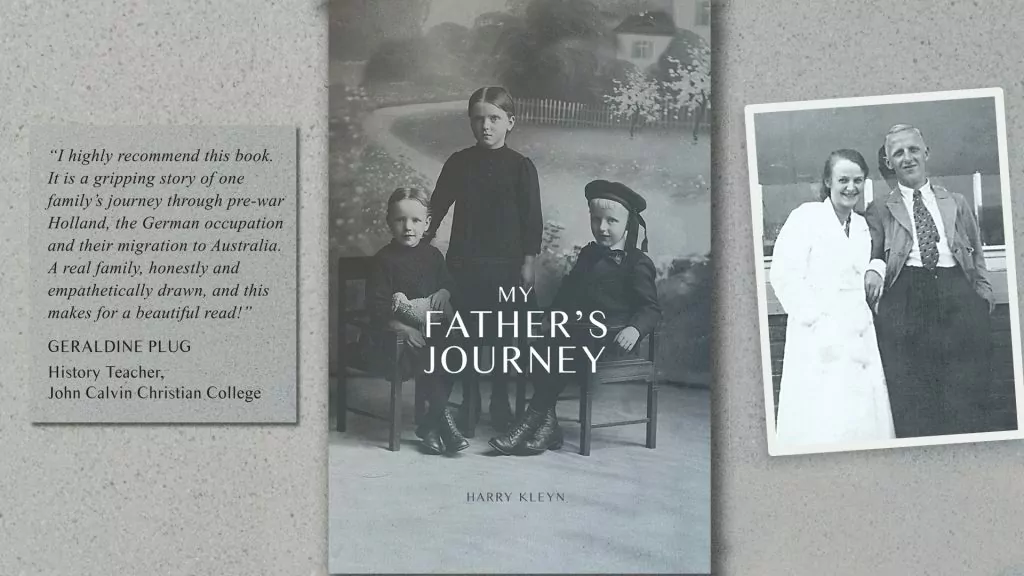Documentary
2020 / 93 minutes
Rating: 8/10
The Creation vs. Evolution debate is sometimes portrayed as being the Bible vs. Science, but Dismantled wants us to know that while creationists certainly stand on the Bible, they aren’t conceding on Science. Flipping the script, the documentary begins by asking if evolution should be considered scientific.
“Is it proper to equate evolution with science? Does science have the ability to address questions regarding past events that we were not there to directly observe or verify – events like the spontaneous origins of the universe, the origin of life from non-life, and the evolution of the earliest life forms into mammals? Or might we be giving science a power that it does not have? To answer this, it is important that we accurately define science, as well as its limitations.”
Evolution has street cred because it’s supposed to be scientific – it claims to come from the very same source of knowledge that gave us rockets, microwave pizza, smartphones, and self-driving cars. But as Dismantled notes, evolution has little in common with that sort of science. A quote from the film, taken from a biology textbook, explains that:
“Scientific inquiry is a powerful way to know nature, but there are limitations to the kind of questions it can answer. These limits are set by science’s requirements that hypotheses be testable and falsifiable and that observations and experimental results be repeatable.”
It is precisely the testable, repeatable, falsifiable nature of operational science that got us a man on the moon, and it is precisely those points that evolution’s historical science doesn’t share. Our origins involve events that happened long ago and aren’t repeatable, making these events hard to test, and these theories hard to falsify. So the origins debate isn’t about the Bible vs. Science, but more about one historical account vs. another… with the notable difference that one of those historical accounts is thousands of years old and unchanging, and the other is a recent creation and constantly being revised. That’s the film’s lead-off point, and it takes the first 20 minutes to make it.
From there, the filmmakers go on to assess which of these two historical accounts seem a better fit with the world we observe around us. That’s the bulk of the film, and this 70-minute tour takes us through topics including:
- the micro = macro fallacy which assumes, without evidence, that small changes can add up to bigger ones
- genetics including the limits of supposed “beneficial mutations,” and the problem of genetic entropy – that we as a species are breaking down faster than natural selection could ever build us up – and the supposed genetic similarity between man and apes
- the fossil record including Man’s supposed ape-like ancestors, and the humanity of Neanderthals
- radiometric dating and its problems
Dismantled is a slick production – the visuals are fantastic! – but its strength is in the scientists consulted. Whether it is Jason Lisle, John Sandford, Georgia Purdom, Rob Carter, Andrew Snelling, Nathaniel Jeanson (PhDs one and all), they all know how to explain big ideas to the rest of us who may not have been in a science class for decades. That doesn’t mean this is all easy to understand, and I think most of us will have to (and be happy to) watch this twice, just because there is so much here to chew on.
Cautions
The one caution I’ll note regards a mistake the film could, indirectly, encourage: believing the Bible only when the evidence says it is reasonable to do so. It is important to remember the evidence discussed in Dismantled wasn’t available 100 years ago, and yet God’s Word was just as true then. We need to know the Bible isn’t true because it syncs up with the evidence; rather, the reason the evidence syncs up with the Bible is that the Bible is true. If that doesn’t seem like much of a difference, its significance becomes apparent when the evidence doesn’t seem to fit with the Bible. In those circumstances, if our trust is grounded in the evidence rather than the Bible, then we will side with it, against God’s Word. But if we trust God, then we’ll always stick with the Bible, trusting that any apparent conflicts will be resolved in time.
Conclusion
Dismantled is superb, summarizing important foundational concepts even as it presents the most current findings. I’d recommend it as a purchase, rather than a rental, because you’ll want to watch it again to be able to properly digest all that is on offer. The target audience is high school and up, and for those who want to dig in even deeper, a great place to start is the recommended resources list available on the film’s website. You can check out the trailer below, and then rent it on Amazon.com or buy the DVD or Blu-ray at Creation.com. And now a half-hour clip of the film can be viewed for free.












